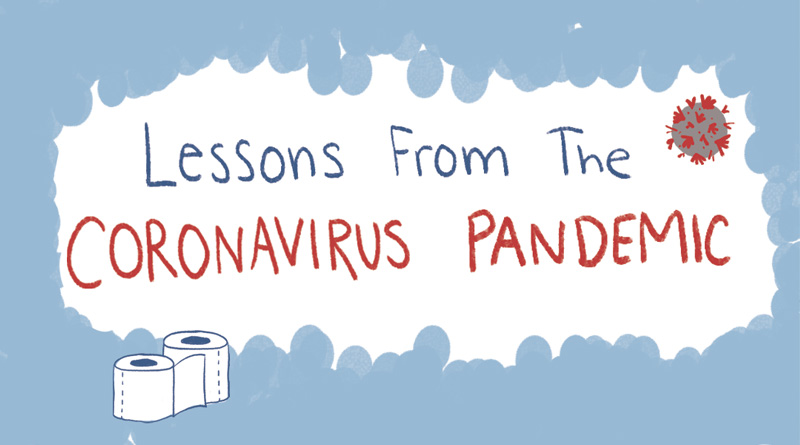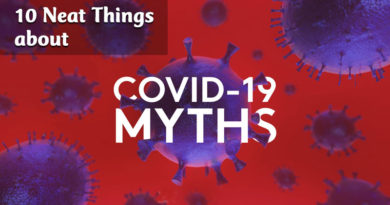About What We Learned From the Pandemic
Here’s what we’ve learned from this pandemic…
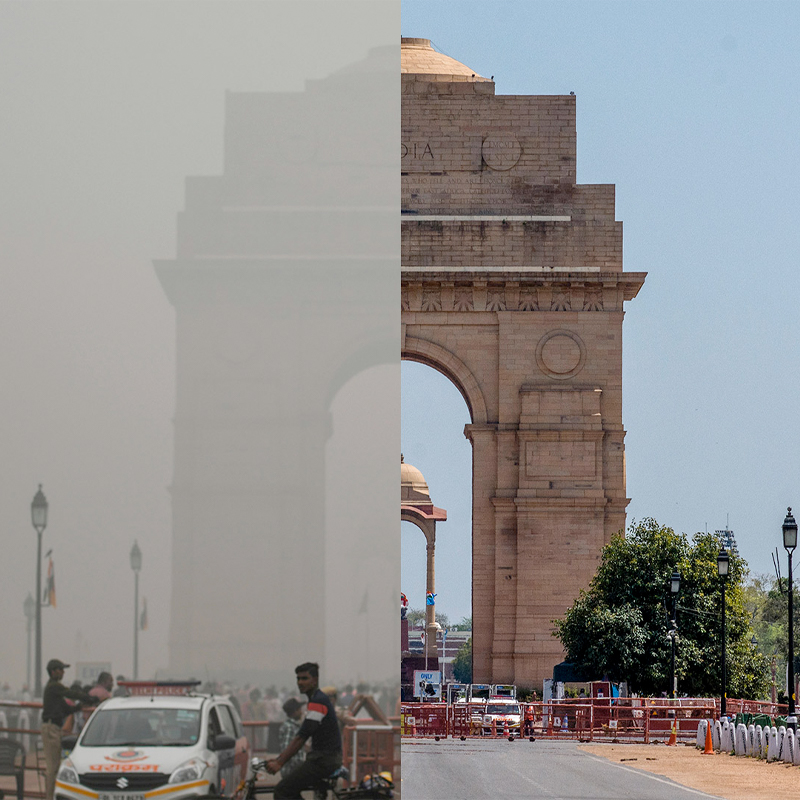
1. Air.
Whether you’re a believer or a denier in climate change, there can be no doubt that shutting down industry and air travel has reduced the amount of carbon emissions in the air. China produced 200 million fewer metric tonnes of carbon dioxide during the first month of lockdown versus last year. Airspace over Northern Italy showed marked reduction in nitrous oxide in March. The US has also seen remarkable reductions. Stanford University scientist Marshall Burke estimates that the reductions in particulate matter saved 77,000 lives in China alone over two months.
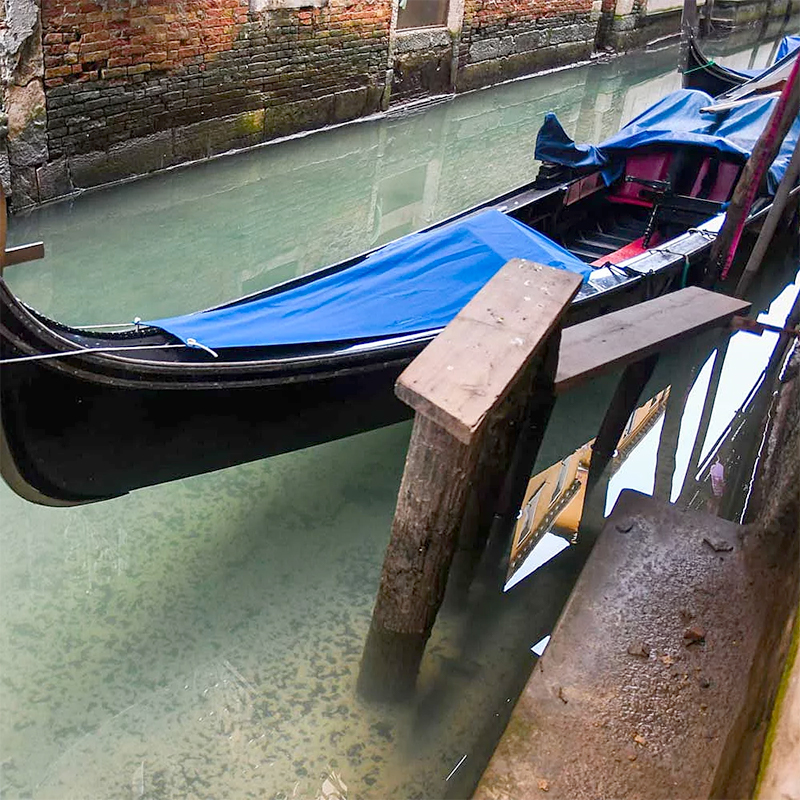
2. Canals.
No, dolphins weren’t seen in Venice and swans haven’t returned there. The pictures on the internet are misleading. The dolphin pictures are from Sardinia and the swan pictures are from Burano, an island near Venice, where swans are common. The water in the canals is clearer, though, with decreased traffic kicking up sediment.

3. Relationships.
If you’re married and you and your partner have been home during this crisis, you may be more in love than ever or ready to run for the hills. Marriage counsellors have been predicting breakdowns owing to the lockdown; stressful situations have that effect. But some of us are thanking our lucky stars we have the person we love to stay home with.
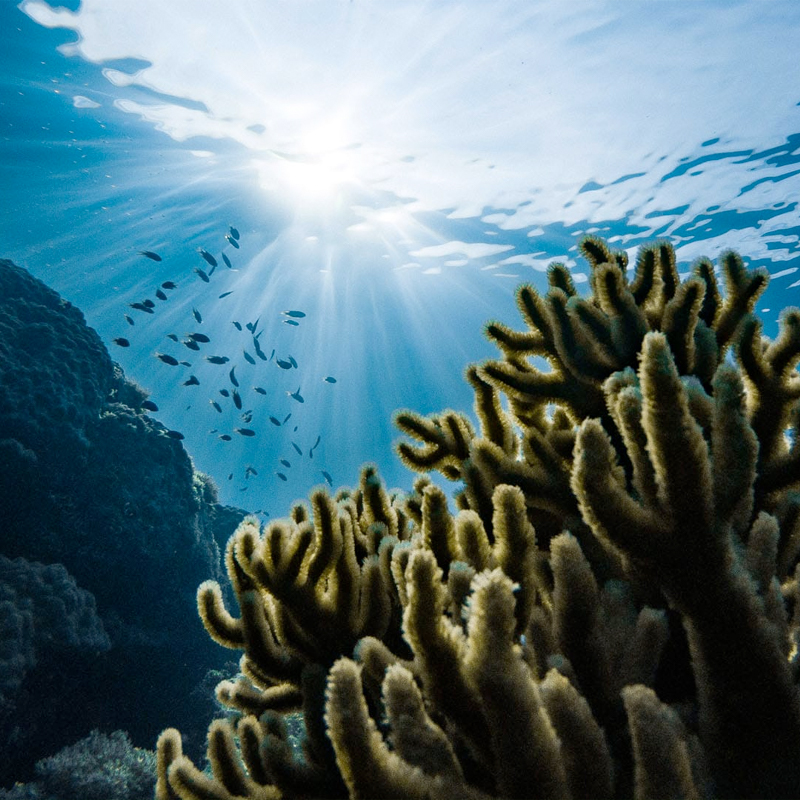
4. Oceans.
Turns out, it’s quieter under water than it used to be. Off the coast of BC, decibel levels have decreased by up to half with fewer ship engines and propulsion systems. This reduces stress for marine mammals, and oceanographers suspect it might increase their numbers.
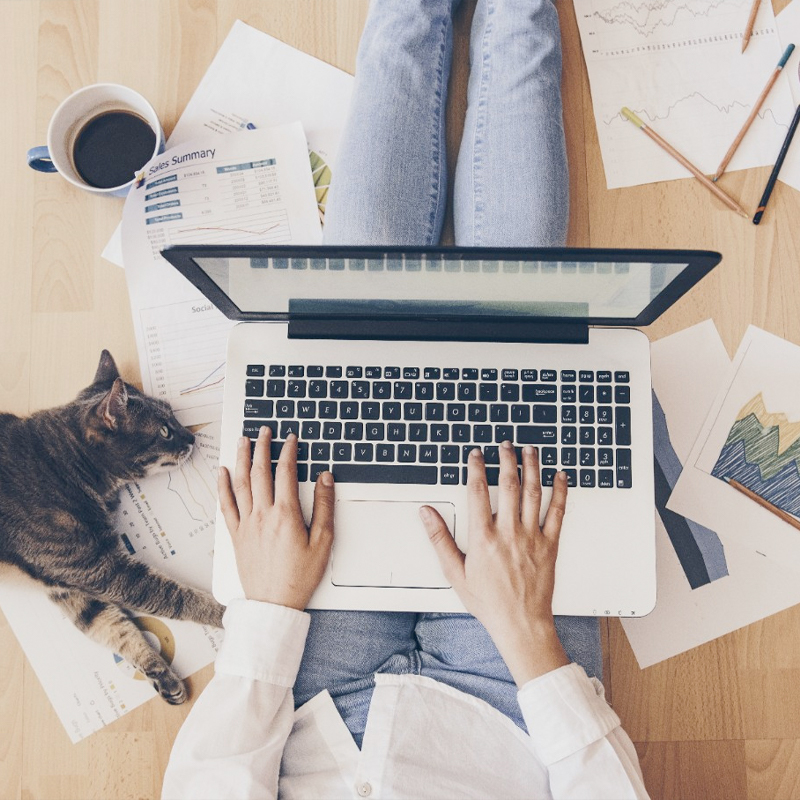
5. Working from home.
Some people have found that they are more productive working from home than they ever imagined. Journalists are predicting that folks will just keep working from home when the pandemic is over. It’s also possible that some businesses won’t want to pay so much overhead after the pandemic; some businesses won’t be able to.
6. Weather.
Weather predictions are expected to become less accurate with far fewer flights around the world. This is because commercial aircraft participate in a program known as AMDAR, or the Aircraft Meteorological Data Relay. Jets collect data on temperature and pressure, which is used in forecast models.
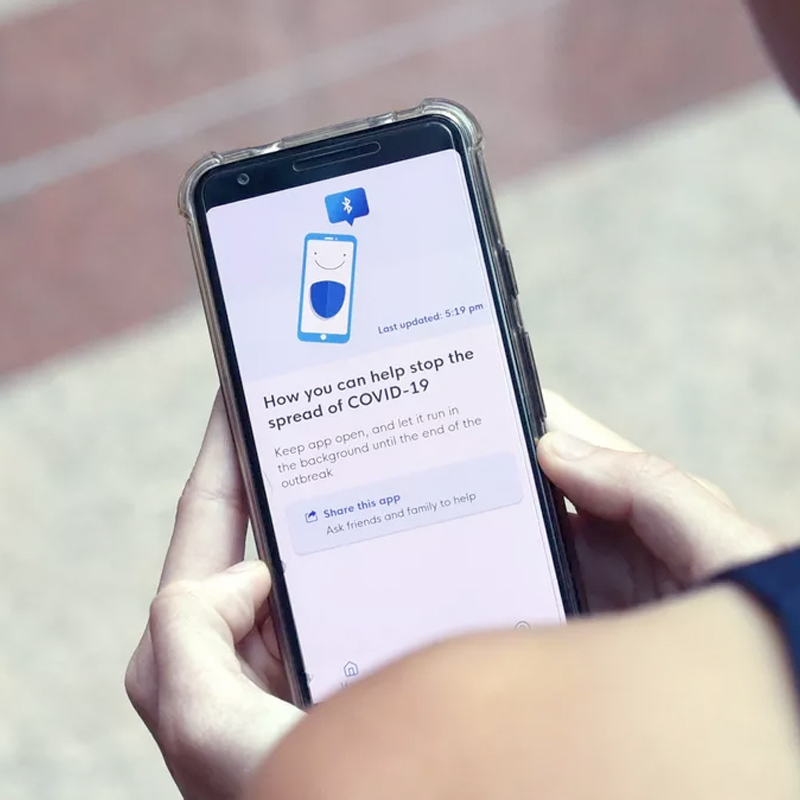
7. Privacy.
Privacy is an illusion and you’re right to it changes, depending on the circumstances. Cell phones make it easy to track people, which is happening in Israel. In Hong Kong and Bahrain, if you’re supposed to be in quarantine, you’ll be issued a monitoring bracelet. South Korea has boasted of using advanced technology to find people who’ve been in the vicinity of infected people.
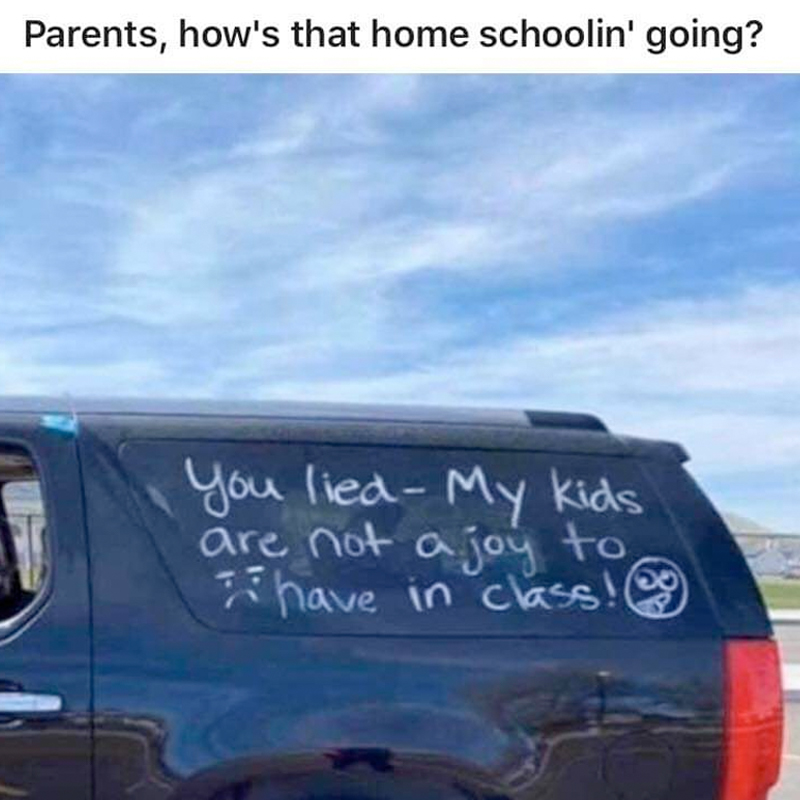
8. Schools.
Some parents are excellent home educators. Most are not. If memes on Facebook are any indication (“Teacher, you lied. My kids are not a pleasure to have in your class!”) teaching your own kids is hard. Preschoolers who are accustomed to daycare are also accustomed to constant stimulation. The internet is full of ideas on how to keep them occupied (check out activeforlife.com), but really, sometimes just cuddling on the couch is what everyone needs.
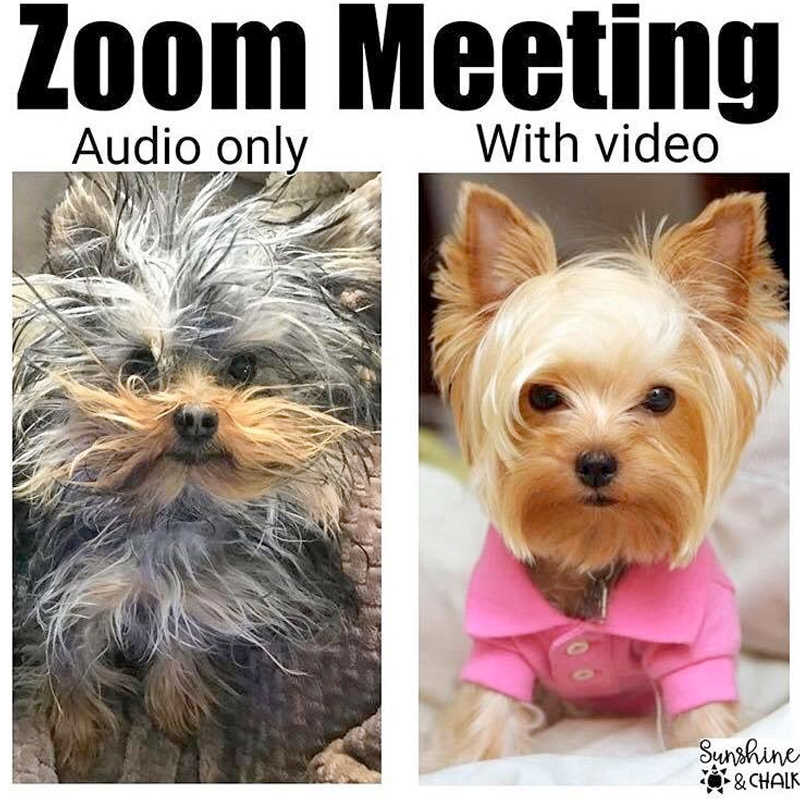
9. Zoom.
I’ve learned from this pandemic that it’s not just for business anymore! My 18-year-old, home from university, plays online board games with her friends just about every night. My extended family all got on Zoom for Easter dinner this year. It’s strange that we never thought to do this before, with far away loved ones. Many people have talked with family and friends more since the pandemic began than for years before.

10. The value of a dinner party.
Do you long to get your house clean, spend the day cooking, arrange flowers, light candles, and have a quick shower before welcoming people into your home? Me too. Zoom dinners are good, but nothing beats having friends over with a bottle of wine.
-Shauna Dobbie Copyright©
Pegasus Publications Inc.
You can download a printable copy, just click here.



